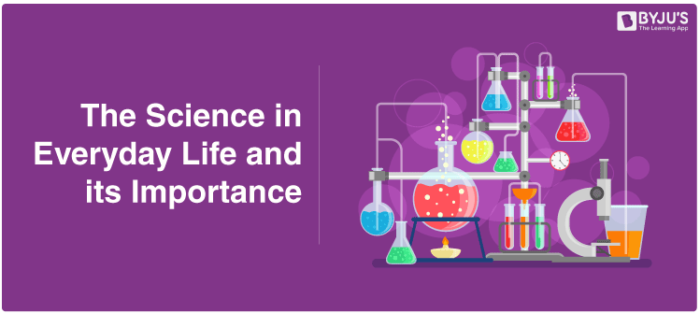
Introduction
The continued efforts and the struggle for expanding the horizons of systematic knowledge created a need for describing and understanding the nature and the events associated with it. This need led to the birth of what is known today as science. And today science has become an important subject. Besides, events like cooking, boiling of water, burning of a candle, curdling of milk, electricity, motorised vehicles, cell phones etc. generally make us realise the presence of science in everyday life. From the above examples, we can sense the broadness and importance of science in everyday life. In order to make the study convenient, it was further divided into subgroups such as physics, chemistry, biology, geology etc. Our subject of concern is chemistry.
Chemistry is the branch of science that is concerned with changes and transformations with respect to matter and the factors that affect these transformations. It deals with the interactions between the fundamental components of matter. The chemical transformations in chemistry are often referred to as chemical reactions. We cannot deny the fact that our world is full of products that are some way or the other associated with chemical reactions. Some of them even occur as a result of natural processes and the others are commercially manufactured chemically.
Science in everyday life is not just limited to cooking or boiling water; the huge industrial setups that manufacture a variety of commodities using different chemical reactions are also a part of our daily life. From the use of fertilisers in farming to the skin cream that we used to confirm the omnipresence and applications of science in everyday life.
Chemistry, in particular, plays a pivotal role as a subunit of science. It can explain the functioning of the brain and even predict the weather patterns. Meanwhile, chemical engineers have used the laws and principles of chemistry to design processes for scaling chemical reactions for commercial purposes. The production of fertilizers, superconducting ceramics, petroleum products, solvents, polymers, soaps, detergents, etc, are based on the chemistry of atoms and molecules.
As such use of chemistry in daily life and its importance is a crucial factor that improves human life at every level. Further, as we keep progressing, the addition of new dimensions to our knowledge of chemistry will guide us in producing new devices and chemicals that will be even more efficient than the present ones.
Recommended Videos
How does Photosynthesis happens?

Frequently Asked Questions – FAQs
What is the most important or main purpose of science?
Explain what is a scientific fact?
The invention of plastic is a curse or a boon?
What is the importance of vaccination?
What is the photovoltaic effect?
You can keep visiting BYJU’S or download our app to further experience and learn how chemistry plays an important role in our lives.

Very useful app
Very useful learning